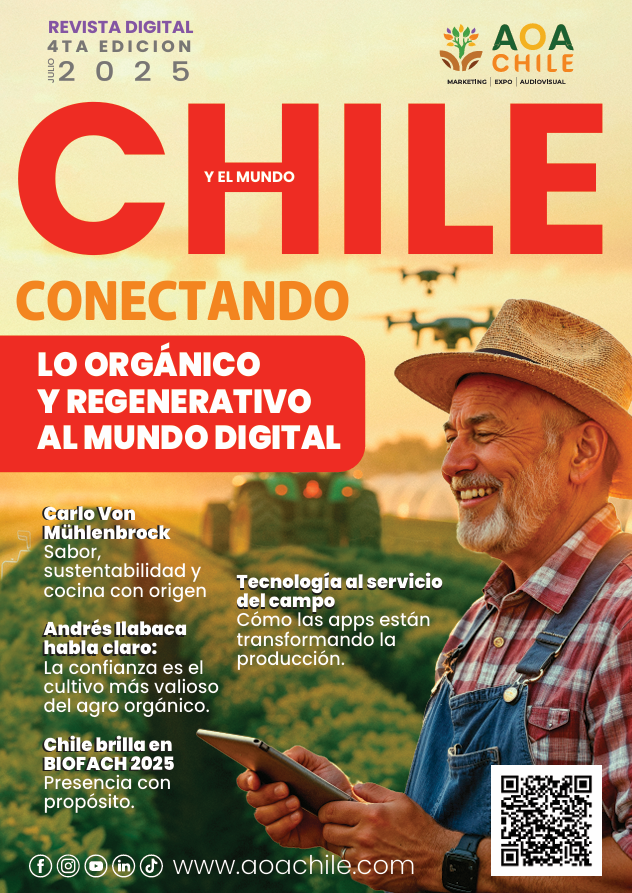Shopping online is a habit that has been consolidated since the outbreak of the pandemic. During the confinement, the delivery men – by bicycle, motorcycle, electronic scooter or van – were the undisputed owners of the streets.
The habit of buying online
We were already quite used to buying books, toys, telephones or furniture at the click of a button, either out of necessity or for convenience, but during 2020 the purchase of food online from both supermarkets and restaurants also increased.
“In June 2020, global retail e-commerce traffic stood at record 22 billion visits per month, with exceptionally high demand for everyday items such as groceries, clothing and technology items. How online usage, shopping habits and the overall future of the e-commerce market will look in 2021 and beyond will largely depend on the progression of COVID-19, ”according to data on e-commerce in the world of Statista.
Digital shoppers keep increasing
The pandemic has brought online food shopping to the fore, a previously niche industry. People wanted to avoid going to supermarkets at all costs – alleged sources of infection with long lines – and government regulations made it more difficult or in some cases impossible to go.
The number of digital buyers has been increasing year after year as Internet access and adoption increases, as well as the growing purchasing power of the middle class in some countries, more availability of products available on the Internet, new digital business models and technological advances in deliveries that allow packages to be delivered in a short period of time.
In 2019, nearly 2 billion people obtained goods or services online. During the same year, e-commerce sales exceeded US $ 3.5 trillion worldwide, and according to the latest calculations, e-commerce growth will accelerate even more in the future.
Consequences of buying online
Buying online is very convenient: you can do it quietly at any time of the day from your sofa without even having to bother to write down the credit card numbers if you already have them saved. And the package will arrive in a few days (or hours) at your door. But what are the consequences of these acquisitions?
To begin with, it leads to the destruction of small businesses. It is true that small establishments have been recharging since the appearance of the coronavirus. For example, due to the lack of activity in traditional markets, initiatives such as EcoMarket Shop, an online market for ecological and local products that connects suppliers with customers, have appeared. But the great beneficiaries during these months, which confirm a trend that began in recent years, are the large sales platforms such as AliExpress, Ebay or Amazon that market their products and those of other companies all over the world.
Contamination
Another effect of online consumption is air pollution, which represents a significant health risk and kills seven million people each year around the world, according to data from the World Health Organization. More Internet purchases mean more polluting emissions. Amazon, for example, emitted 44.40 million tons of carbon dioxide in 2018, according to its own data.
Amazon, for example, already delivers 72% of your orders in 24 hours. In China, same-day delivery and instant delivery already account for more than 10% of total package deliveries – roughly 3 million items per day on the same day. In Europe, same-day delivery represents only 5% of the total.
Excessive packaging and connected devices
The excessive packagings of the packages that arrive at our house are another problem for the environment. These wastes represent 30% of solid waste in the United States, according to the country’s Environmental Protection Agency. You also have to take into consideration the sheer volume of emissions from the network, which keeps hundreds of miles of powerful computers running 24 hours a day, every day of the year.
Other studies, financed by digital platforms, talk about the benefits of online commerce and other benefits such as the sale of second-hand objects. However, the best option seems to continue to be the traditional one: go shopping for local products at the market or at the local store, on foot.
Source: BIO ECO ACTUAL
Note link: https://www.bioecoactual.com/2021/04/14/cuanto-contamina-comprar-por-internet/



